The difference between couples who have great communication in relationships and those who can’t seem to talk about anything without fussing and fighting is action. Sounds simple, doesn’t it? But it is this difference that matters most. You have to work hard to fix what seems to be destroying your relationship through proper communication. To know how to achieve a healthy communication in relationships, read on.
In this article:
- Benefits of Healthy Communication in Relationships
- Intention
- Transparency
- Plans
- Knowing Each Other
- Getting Help
How to Improve Communication in Relationships | 5 Things to Focus On
This is Part 2 of a 3-part series on improving communication in your marriage:
- Part 1 – How We Went From Fussing and Fighting to Being Happily Married for 10 Years…
- Part 2 [You Are Here] – 5 Things We Did to Improve Our Communication and Save Our Marriage
- Part 3 – Alert: Good Communication Will Not Solve All of Your Marital Problems, But These Will
Benefits of Healthy Communication in Relationships
Most people don’t come into a marriage knowing how to effectively communicate with their spouse. They haven’t been taught communication skills. In fact, more often than not, they’ve learned how to communicate from the bad examples of relationships they saw growing up.
Couples who recognize that communication is indeed an issue and then seek to intentionally make improvements are reaping the benefits.
What are those benefits?
- Speaking freely and openly with your spouse.
- Sharing your most private thoughts in a safe place.
- Voicing your concerns when issues arise.
- Knowing that those concerns and issues are being addressed.
1. Intention
Having pure intentions in saving our marriage through communication has helped us work things out. We were intentional by prioritizing communication with each other every day. Regardless of how busy we are, we see to it to communicate regularly. We made this our top priority.
2. Transparency
As a couple, we were transparent and real. We were able to create a safe place to share our thoughts. No judgments. No small things. Every event in our life is a big deal that must be shared with each other. Being transparent with your partner is where trust and communication in relationships go hand-in-hand.
3. Plans
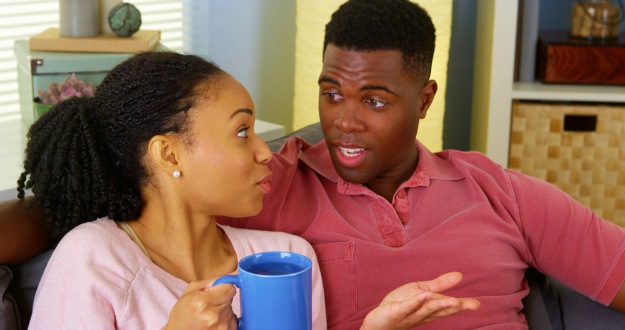 https://blackandmarriedwithkids.com/wp-content/uploads/2015/10/TNMCoupleTalkExplainArgue-communication-in-relationships-371x196.jpg 371w, https://blackandmarriedwithkids.com/wp-content/uploads/2015/10/TNMCoupleTalkExplainArgue-communication-in-relationships-492x260.jpg 492w" alt="Plans | Things We Did to Improve Our Communication and Save Our Marriage | trust and communication in relationships" width="625" height="330" />
https://blackandmarriedwithkids.com/wp-content/uploads/2015/10/TNMCoupleTalkExplainArgue-communication-in-relationships-371x196.jpg 371w, https://blackandmarriedwithkids.com/wp-content/uploads/2015/10/TNMCoupleTalkExplainArgue-communication-in-relationships-492x260.jpg 492w" alt="Plans | Things We Did to Improve Our Communication and Save Our Marriage | trust and communication in relationships" width="625" height="330" />
We learned how to make plans for handling issues when they arise. We weren’t caught off guard when mishaps knocked on our door because we have plans for storms like these. Sure, it wasn’t always easy, but a lack of communication will make it so much harder than it ever was. Communicating with each otherhelped us dodged bullets.
4. Knowing Each Other
Through communication, I got to know my spouse even better. I was able to identify my partner’s likes and dislikes, secret desires and fears, and many other remarkable details. In the long run, these are the things that made me love my spouse more and more each day.
5. Getting Help
We got the help we needed from resources and experts on how to improve our communication. While some couples may think that asking help from others can make them look weak, you have to put your ego aside and talk to people you trust, even professionals. Seek help if this is what can help you improve your communication with your spouse.
Watch this video to know what we did to turn things around in our marriage and improve the communication:
And for every one of these positive actions that we took towards improving communication in relationships, we got one step closer to each other. We got there and you can too. In our BMWK Effective Communication (Online Training),we’ll show you how to master the art of communication in your marriage. Through expert-led instruction, you’ll learn exactly how to have a healthy, open, and honest communication in your marriage.
Do you agree with our ways on how to improve communication in relationships? Tell us in the comments section below!
 https://blackandmarriedwithkids.com/wp-content/uploads/2015/10/TNMCoupleArgueConvince-conflict-resolution-strategies-293x196.jpg 293w,
https://blackandmarriedwithkids.com/wp-content/uploads/2015/10/TNMCoupleArgueConvince-conflict-resolution-strategies-293x196.jpg 293w, 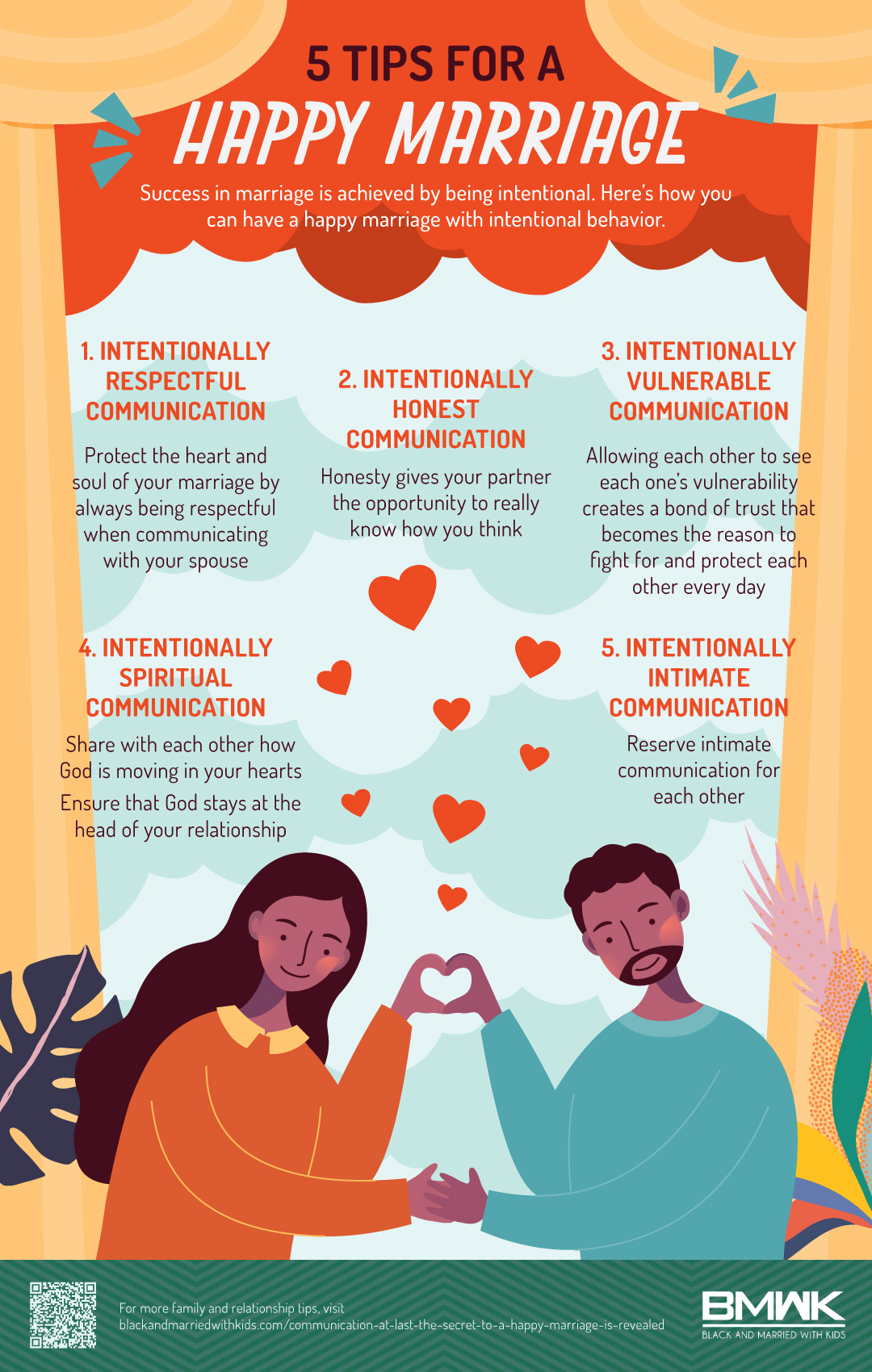 https://blackandmarriedwithkids.com/wp-content/uploads/2018/09/20180917-Black-And-Married-With-Kids-5-Tips-For-A-Happy-Marriage-125x196.jpg 125w,
https://blackandmarriedwithkids.com/wp-content/uploads/2018/09/20180917-Black-And-Married-With-Kids-5-Tips-For-A-Happy-Marriage-125x196.jpg 125w,  https://blackandmarriedwithkids.com/wp-content/uploads/2014/11/TNNCoupleArgueThinkWoman-294x196.jpg 294w,
https://blackandmarriedwithkids.com/wp-content/uploads/2014/11/TNNCoupleArgueThinkWoman-294x196.jpg 294w, 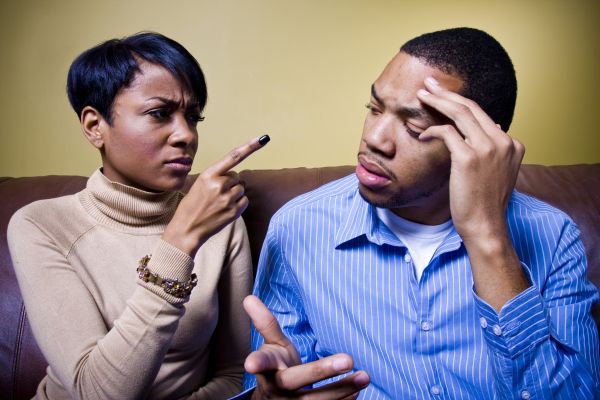 https://blackandmarriedwithkids.com/wp-content/uploads/2013/07/TNMCoupleMadAngry-294x196.jpg 294w,
https://blackandmarriedwithkids.com/wp-content/uploads/2013/07/TNMCoupleMadAngry-294x196.jpg 294w,  https://blackandmarriedwithkids.com/wp-content/uploads/2013/06/TNMCoupleCouchTalkHappy-294x196.jpg 294w,
https://blackandmarriedwithkids.com/wp-content/uploads/2013/06/TNMCoupleCouchTalkHappy-294x196.jpg 294w, 
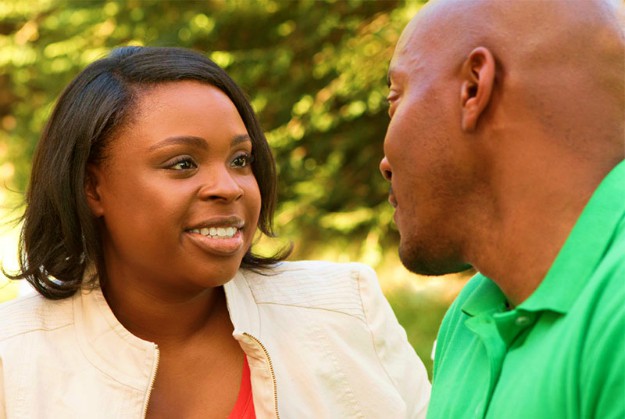
 https://blackandmarriedwithkids.com/wp-content/uploads/2014/11/TNMTalkCoupleSerious-294x196.jpg 294w,
https://blackandmarriedwithkids.com/wp-content/uploads/2014/11/TNMTalkCoupleSerious-294x196.jpg 294w,  https://blackandmarriedwithkids.com/wp-content/uploads/2016/05/TNMMaleConcernedStressedSad-294x196.jpg 294w,
https://blackandmarriedwithkids.com/wp-content/uploads/2016/05/TNMMaleConcernedStressedSad-294x196.jpg 294w,  https://blackandmarriedwithkids.com/wp-content/uploads/2014/11/TNMCoupleArgueAngryListen-294x196.jpg 294w,
https://blackandmarriedwithkids.com/wp-content/uploads/2014/11/TNMCoupleArgueAngryListen-294x196.jpg 294w,  https://blackandmarriedwithkids.com/wp-content/uploads/2013/06/TNMCoupleKissIntimate-294x196.jpg 294w,
https://blackandmarriedwithkids.com/wp-content/uploads/2013/06/TNMCoupleKissIntimate-294x196.jpg 294w, 

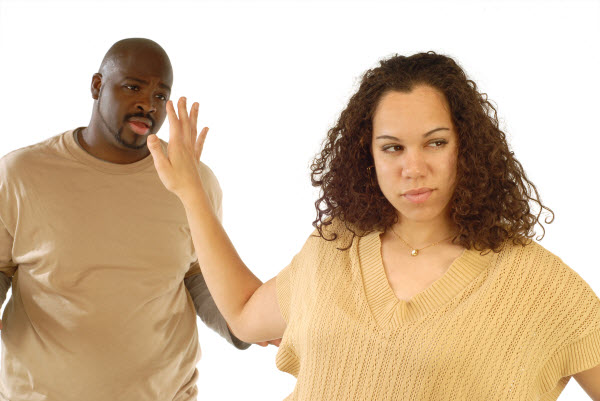 https://blackandmarriedwithkids.com/wp-content/uploads/2013/10/TNMCoupleArgueHand-293x196.jpg 293w,
https://blackandmarriedwithkids.com/wp-content/uploads/2013/10/TNMCoupleArgueHand-293x196.jpg 293w, 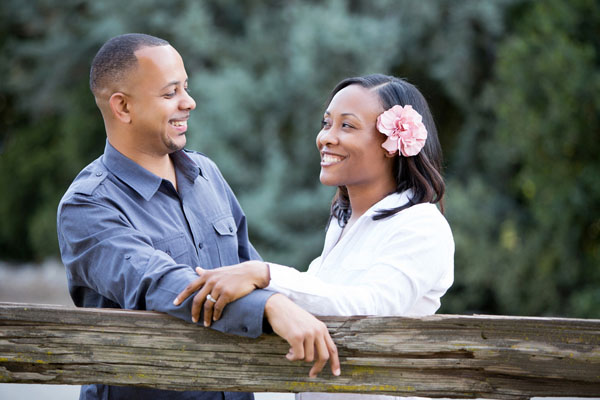 https://blackandmarriedwithkids.com/wp-content/uploads/2014/02/TNMCoupleTalkFence-294x196.jpg 294w,
https://blackandmarriedwithkids.com/wp-content/uploads/2014/02/TNMCoupleTalkFence-294x196.jpg 294w,
Comments